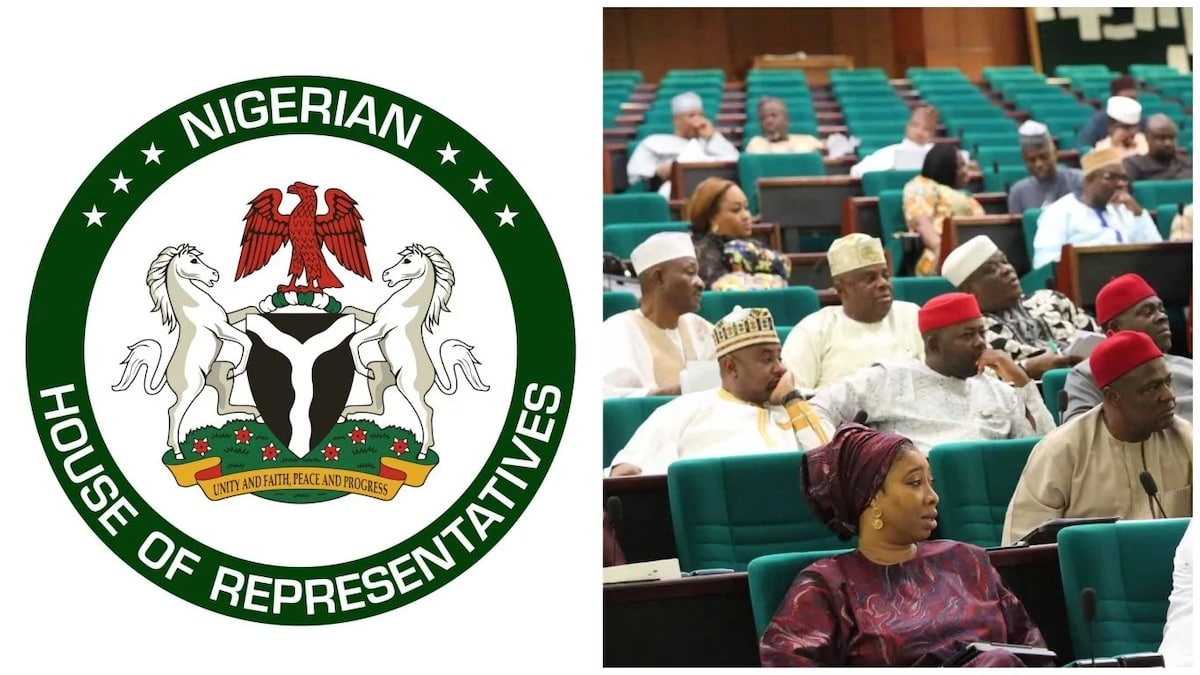The House of Representatives has officially withdrawn the controversial Compulsory Voting Bill following intense public criticism and widespread backlash from Nigerians who opposed the proposed legislation.
Speaker Tajudeen Abbas announced the withdrawal on Monday through a statement issued by his Special Adviser on Media and Publicity, Musa Abdullahi Krishi, citing the need for broader stakeholder consultation and democratic dialogue as key reasons for the decision.
The Bill, which sought to amend the Electoral Act 2022 to make voting mandatory for all eligible Nigerians, had generated significant controversy since its introduction, with many citizens expressing strong opposition to the proposed compulsory nature of electoral participation.
Abbas explained that the withdrawal would allow for more extensive consultations with various stakeholders across the country, emphasizing the importance of maintaining democratic principles in the legislative process. The Speaker acknowledged that while compulsory voting has proven successful in other democracies, Nigeria may require a different approach tailored to its unique circumstances.
“Following extensive consultations with a broad spectrum of stakeholders, he has decided to withdraw the Bill to Amend the Electoral Act 2022 to make voting mandatory for all eligible Nigerians, which he co-sponsored with Hon. Daniel Adama Ago,” the statement revealed.
The Speaker’s office highlighted international examples where compulsory voting has been successfully implemented, noting that countries such as Australia, Belgium, and Brazil have maintained voter participation rates above 90 percent through mandatory voting systems. The statement also referenced Argentina and Singapore as nations that have adopted similar measures to promote electoral inclusivity.
“Compulsory voting has long been practised with notable success in countries such as Australia, Belgium and Brazil, where it has helped sustain participation rates above 90 per cent, while nations like Argentina and Singapore have also implemented similar measures to foster inclusivity at the ballot box,” the statement explained.
The Bill was originally co-sponsored by Daniel Asama Ago, the member representing Bassa/Jos North Federal Constituency of Plateau State, indicating that the proposed legislation had support from lawmakers across different regions of the country before the public opposition emerged.
The withdrawal represents a significant response to public sentiment and demonstrates the influence of citizen feedback on legislative processes in Nigeria’s democracy. The intense backlash against the Bill reflected concerns among many Nigerians about the implications of making voting compulsory, with critics arguing that such a measure could infringe on individual freedoms and democratic choices.
The decision to withdraw the Bill also underscores the importance of public consultation in the democratic process, as the House of Representatives chose to prioritize stakeholder engagement over pushing through controversial legislation despite potential legislative support.
While the Speaker’s statement acknowledged the success of compulsory voting in other countries, the recognition that Nigeria may require a different approach suggests that lawmakers are considering the unique political, social, and cultural context of the country in crafting electoral reforms.
The withdrawal leaves room for future dialogue and potential alternative approaches to increasing voter participation in Nigeria’s elections without resorting to mandatory voting requirements. This development may prompt renewed discussions about other methods to enhance electoral participation while respecting individual democratic rights and choices.
The House of Representatives’ decision to withdraw the Bill demonstrates responsiveness to public opinion and may serve as a precedent for how controversial legislation should be handled through broader consultation and democratic engagement with citizens.



















